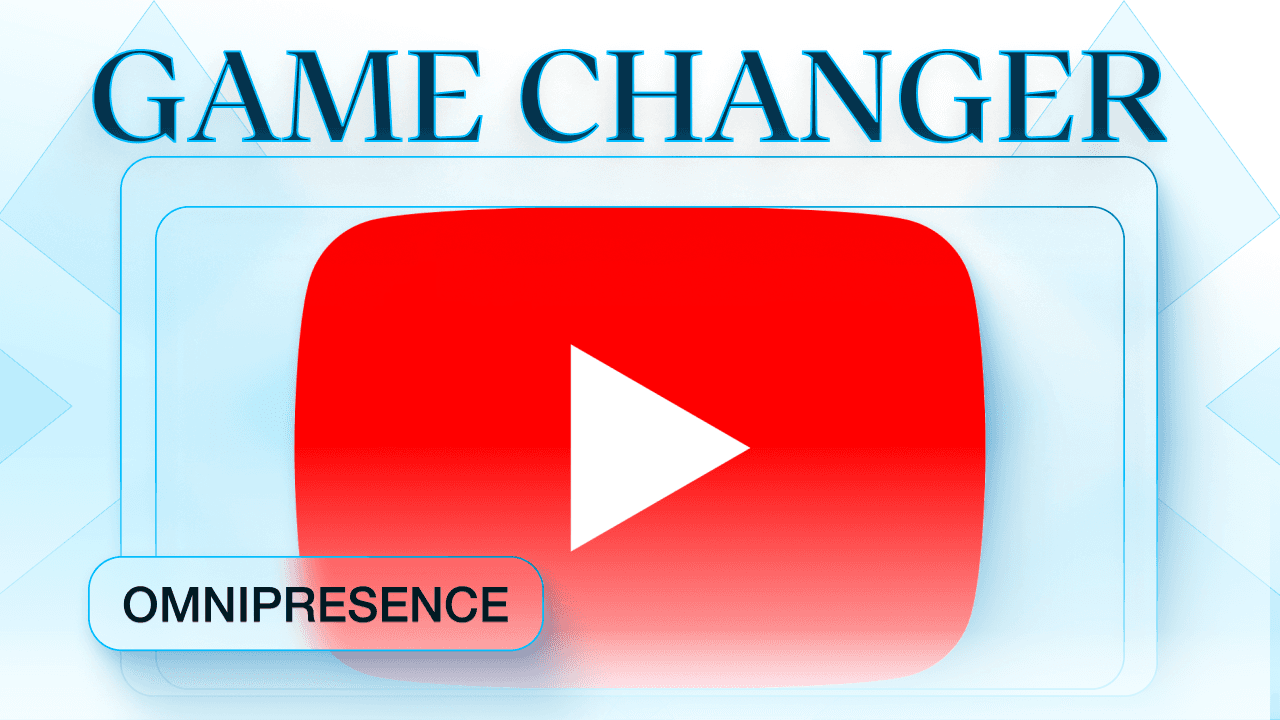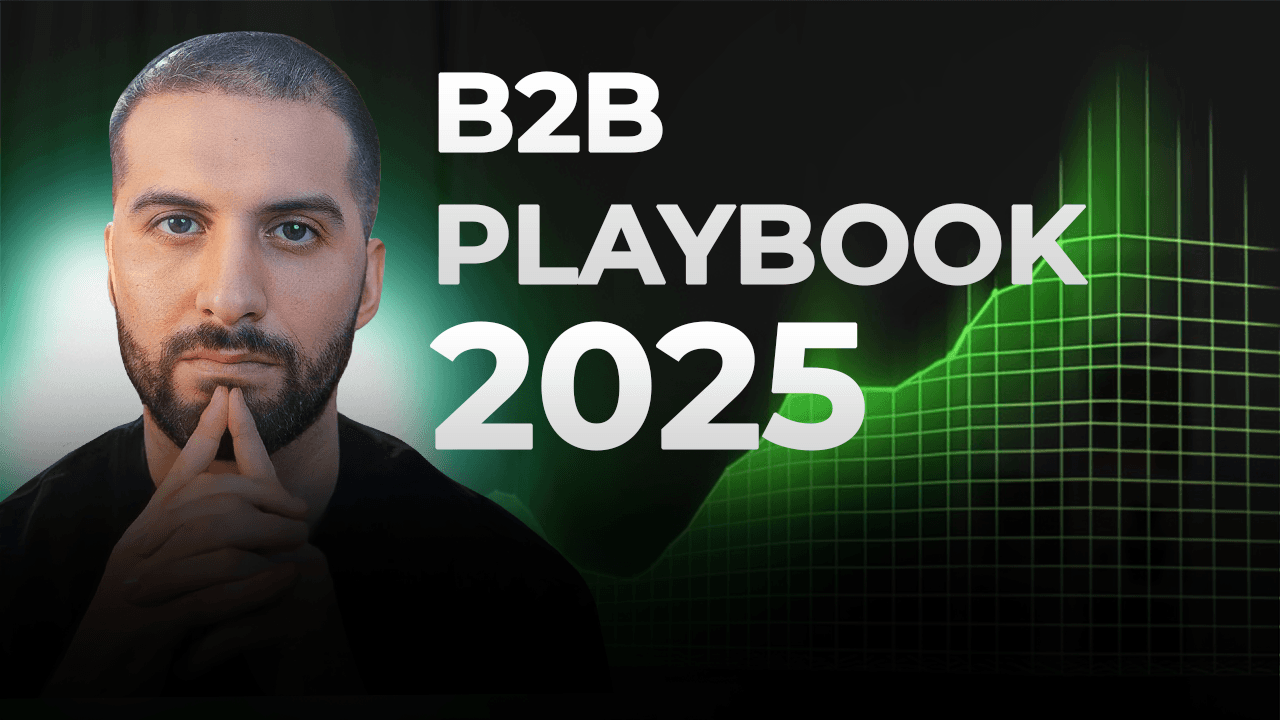This is where the Seer-Sucker Theory comes in. Coined by Professor J. Scott Armstrong, it states:
“No matter how much evidence exists that seers do not exist, suckers will pay for the existence of seers.”
In other words, people continue to trust expert predictions, even when there is little evidence they are more accurate than chance.
Why Do Marketers and Sales Teams Fall for This Trap?
Cognitive Shortcuts: The Search for a Simple Answer
Marketing and sales are complex. Rather than testing and analyzing results, it’s tempting to trust an expert who promises a simple solution.
For example, a well-known LinkedIn consultant claims that "cold DMs no longer work - only video prospecting gets responses." Many teams take this advice at face value, despite evidence that personalized text-based outreach still performs well.
Fear of Uncertainty: The Desire for Predictability
Marketing leaders and sales teams often look for predictability in an unpredictable environment. It’s easier to rely on a proven framework than to acknowledge that strategies must constantly evolve.
A company may continue investing heavily in a once-successful ad strategy, ignoring shifting customer behavior and market trends simply because it worked in the past.
Blame-Shifting: The Comfort of External Responsibility
If a campaign fails, it’s easier to say, “We followed expert advice,” than to take full ownership of the failure.
A sales team, for instance, might implement a high-ticket closing script from a well-known trainer. If conversion rates drop, rather than questioning the approach, they assume they executed it incorrectly and double down.
How to Avoid the Seer-Sucker Trap in Marketing and Sales
Test Everything - Even Expert Advice
Instead of implementing strategies without question, treat expert recommendations as hypotheses. Let data - not authority - determine what works.
If an expert claims LinkedIn Ads outperform Google Ads, run a split test and measure the actual results before reallocating the budget.
Highlight Customer Results, Not Just Expert Opinions
Social proof from real customers is more persuasive than endorsements from industry influencers. Case studies, testimonials, and specific success stories carry more weight than general expert recommendations.
Zapier, for example, doesn’t rely on tech influencers to promote its automation platform. Instead, it shares real user experiences and quantifiable results, such as "saved 10+ hours per week with this workflow."
Back Up Claims with Data
Marketing and sales messages should be built on verifiable proof rather than bold, unsupported statements.
Instead of saying, “Our email automation tool increases open rates,” a stronger claim would be, “Customers see an average 32% increase in open rates within 60 days.”
Encourage Critical Thinking in Sales and Marketing Teams
A strong team culture allows for questioning strategies rather than blindly following them. Encouraging critical thinking and open discussion helps avoid costly missteps.
Bridgewater Associates, one of the world’s largest hedge funds, is known for fostering an environment where employees are encouraged to challenge leadership decisions. The same principle applies to marketing and sales teams - healthy debate leads to better decision-making.
Conclusion
Marketing and sales success isn’t about blindly following expert advice - it’s about testing, adapting, and relying on real-world data. Businesses should critically evaluate expert claims, test strategies before fully committing, and prioritize customer success stories over influencer endorsements. Strong decision-making comes from backing up claims with concrete data and fostering a culture where questioning strategies is encouraged. The best approach isn’t the one that sounds the most authoritative - it’s the one that consistently delivers results.

Jousef Murad
Founder of APEX




